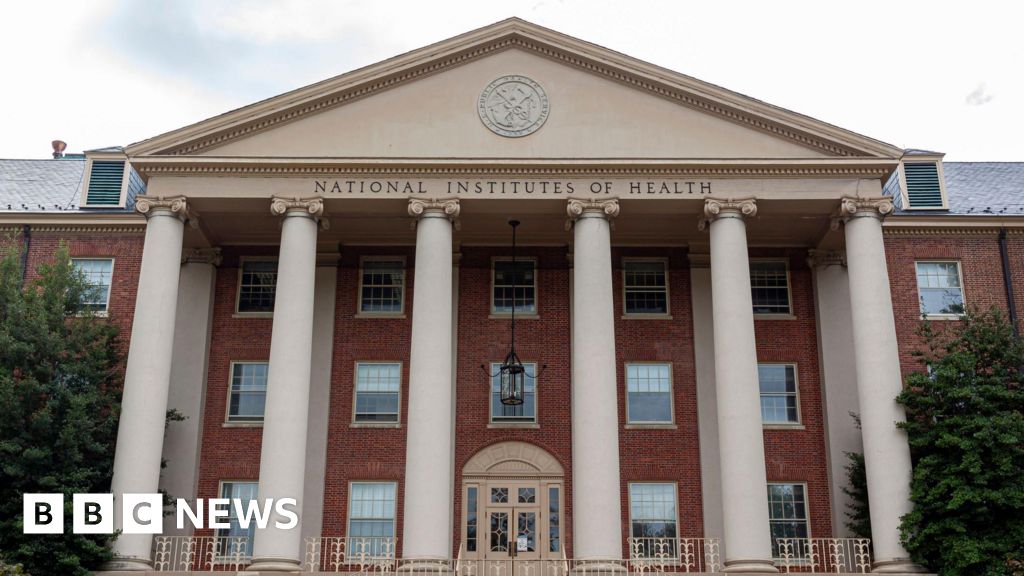President Donald Trump’s administration has announced it will slash billions of dollars from overheads in grants for biomedical research as a part of broader cost-saving measures, a move some scientists say will stifle scientific advancements.
In a statement on Friday, the National Institutes of Health (NIH) said it would cut grants for “indirect costs” related to research – such as buildings, utilities and equipment.
“The United States should have the best medical research in the world,” NIH said in its announcement. “It is accordingly vital to ensure that as many funds as possible go towards direct scientific research costs rather than administrative overhead.”
The agency estimated that the cuts – which go into effect on Monday – would save $4bn (£3.2bn).
The NIH said on Friday that it would cap the rates grants pay for indirect research costs at 15 percent, half of the current average rate of 30 percent.
Elon Musk – the leader of the newly formed Department of Government Efficiency (Doge), an unofficial cost-cutting group that Trump has given leeway to slash government spending – has claimed some universities were spending above that 30 percent.
“Can you believe that universities with tens of billions in endowments were siphoning off 60% of research award money for ‘overhead’?” Musk wrote on X. “What a ripoff!”
Meanwhile, scientists have voiced concerns that the cuts will impact vital medical research.
The Association of American Medical Colleges said the government’s prior support of indirect facilities and administrative costs “allows medical research to happen”.
The move will “diminish the nation’s research capacity, slowing scientific progress and depriving patients, families, and communities across the country of new treatments, diagnostics, and preventative interventions”, the group said in a statement.
Anusha Kalbasi, a lead radiation oncologist at Stanford University, which receives the grants, called the move a “disaster beyond belief”.
“Some places have private funds they can use to keep things going for a little while, but otherwise, who pays the electricity, rent, water, admin staff facilities? Dr Kalbasi told BBC Persian.
The American Council on Education said in a statement that the grant funding for indirect costs have allowed universities to maintain “cutting-edge laboratories” and advanced technologies needed to stay ahead of foreign competitors and deliver breakthroughs in research.
The group’s president, Ted Mitchell, told the Washington Post that some labs had already begun shutting down over the weekend in light of the news.
He said groups were expected to file a lawsuit over the cuts as soon as Monday.
The suggestion to cap indirect research grant money was included in Project 2025, a “wish list” of conservative priorities written by the Heritage Foundation think tank.
“Congress should cap the indirect cost rate paid to universities so that it does not exceed the lowest rate a university accepts from a private organization to fund research efforts,” the proposal states.







